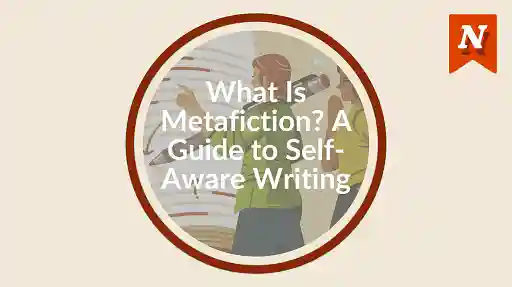'Morning pages' is a concept popularized in Julia Cameron’s book The Artist’s Way. Using morning pages is a system Cameron describes as something that will 'provoke, clarify, comfort, cajole, prioritize and synchronize the day at hand'. Here are 5 ways writing morning pages daily will help you finish writing a book:
First: What are morning pages?
Simply put, morning pages are pages of unstructured free-writing that you commit to write first thing every morning. You simply write three pages of anything (anything at all) at the start of each day. This lets free associations, thoughts, ideas, doubts, anxieties and other fleeting impressions take verbal form. As Cameron says:
'Do not over-think Morning Pages: just put three pages of anything on the page…and then do three more pages tomorrow.'
Do morning pages frequently because the discipline of regularly verbalizing of complex thoughts and ideas will help you to become a better writer.
Five ways using morning pages will help you finish writing a novel:
1. Writing a novel requires discipline
It's no secret that many aspiring authors abandon their dreams of one day seeing their novels published. Lack of discipline is a large contributing factor. To finish writing a novel, you need to learn to sit down to write consistently, building your skill and your story as you go.
Using Cameron's morning pages approach naturally eases you into the habit of writing daily. It's healthy writing habits like these that signal to the brain 'It's time to start putting words together.' Fostering great writing habits will take you a long way towards reaching your writing goals.
2. Using morning pages will improve your writing skill
A large part of becoming a better writer is simply practice. If you've only just started writing a book (or are yet to start), you might find it hard to pare down sentences to their essential parts. Yet when you are writing freely every day, you will soon become accustomed to crafting sentences that flow effortlessly.
As a revision exercise, you can take old morning pages and read over them, cutting and condensing wherever possible to make your free exercise more structured and consistent in sense. This way you can make an exercise that's already useful for stimulating creativity excellent for improving your writing craft.
3. Your daily writing exercise will give you fresh ideas
When you allow yourself the freedom to write without inhibitions, you'll be surprised regularly by turns of phrase and original thoughts that you would maybe not ordinarily give yourself the time and space to develop. Writing morning pages can thus be a helpful exercise for growing and finding story ideas. Sometimes, you might find that a line from your morning pages can be lifted just as it is to use in a work of fiction.
4. Morning pages are therapeutic
Besides writing for fun, many writers on Now Novel report that writing is therapeutic - it helps them process past traumas or the smaller knocks and blows that everyone goes through at some or other point in life. Morning pages are a great device for working through thoughts and feelings and letting them recombine and settle. And this therapeutic process is important for getting to the frame of mind where you feel comfortable and settled and motivated enough to commit to writing a novel that readers will love and relate to. Here are more tips on how to process trauma through writing.
5. Your daily writing process will speed up your writing
When you're already in the habit of writing quickly without stopping to edit every five minutes, it's much easier to draft a novel. Morning pages are especially helpful for authors who find it hard to just let go and embrace the creative process and its challenges and surprises. If you tend to be slow because you can't help editing, morning pages will give you a taste of freedom and the creative inventiveness that comes with it.
If you want to develop healthy writing habits, build writing discipline, work through unsettled thoughts or speed up your writing process, using morning pages to do so will hone your ability. You can also work through Now Novel's ideas finder to find the story you want to tell and submit extracts from your work in progress for helpful feedback from other writers.
Do you write morning pages?










I discovered Julia and her book 2 years ago. It was the first time I was introduced to the Morning Journal Pages. I've used them off and on for personal breakthroughs. I'm going to have to try applying them purposefully as you have suggested for writing breakthroughs. Great idea!
Kim Steadman - Over 12 years ago